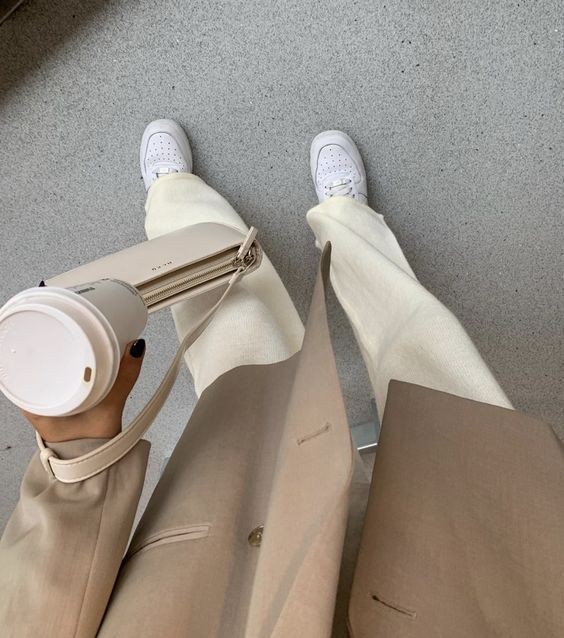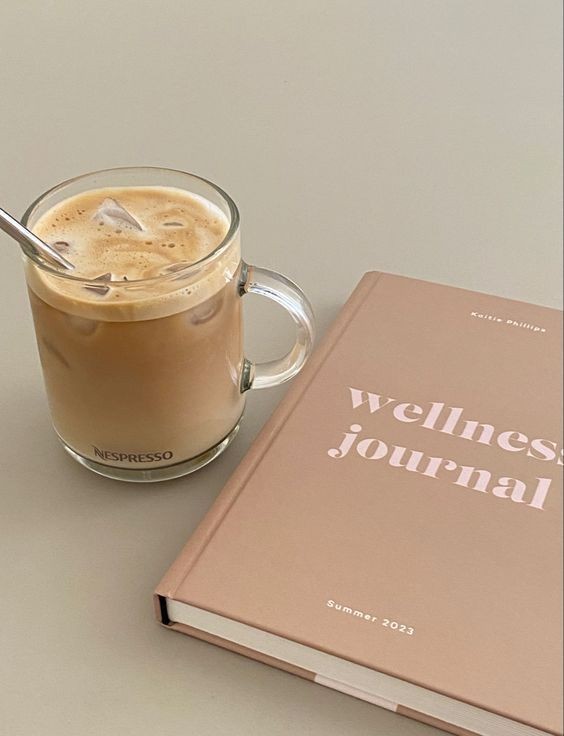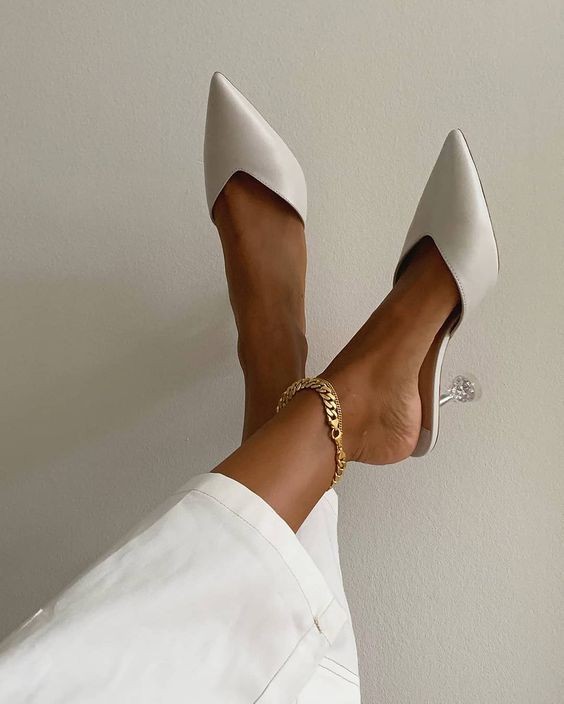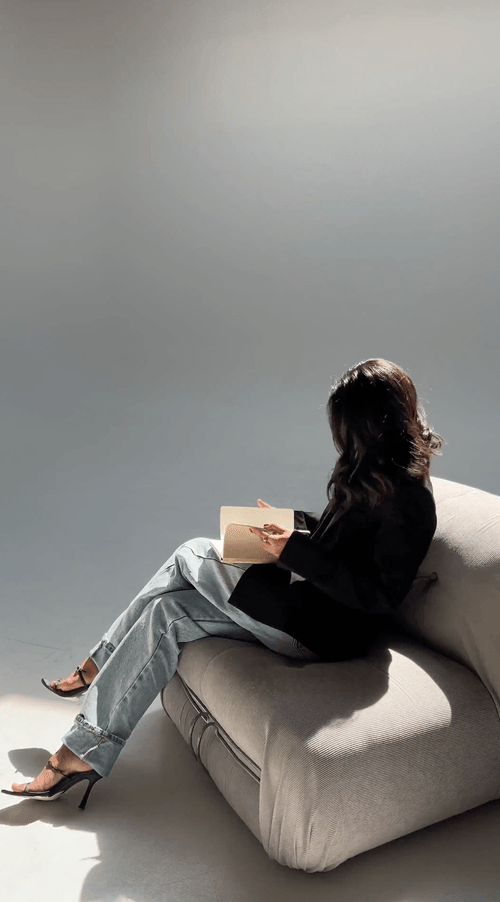What is the Nappuccino Method and Does it Work?
Looking for sleep tips for improved health and better sleep habits? Then the Nappuccino Method might be a sleep hack you want to try. The Nappuccino Method is perfect for those who like to nap in the daytime or need a one-off nap to fix your sleep schedule when you’ve had little to no sleep. Here’s everything you need to know about the Nappuccino Method and what it is the secret to an effective nap.

How to Fix Your Sleep Schedule Tips
There are often many reasons why you’ve fell out of your usual sleep schedule. Travel, working long hours, or caring for a newborn baby are all common reasons for why you may be suffering from a lack of sleep. No matter your circumstances, it’s important for your health and wellbeing to maintain healthy sleep habits and fix your sleep routine as soon as possible. What many people do when they’ve had a bad night’s sleep and want to catch up, is that they go to bed and sleep until they wake up naturally without an alarm clock. While this feels like the right way to catch up on sleep we’ve missed, it often leads to us waking up later than normal, which means we struggle to sleep well at night when we attempt to go to bed at the usual time. This is when your sleep hygiene begins to suffer. Our bodies then become accustomed to falling asleep and waking up at this later time and completely disrupts our regular sleep pattern. This is where the Nappuccino Method comes in. By pushing yourself to not sleep in too long when recovering from a lack of sleep and instead, taking a nap in the afternoon if we feel tired, we can catch up on sleep while not interfering with our regular sleep schedule.
How Many Hours of Sleep Do We Need?
Experts recommend getting 4-11 hours sleep each night. The amount of sleep we need to maintain healthy sleep habits varies for each person. Everyone is different and while some people need less sleep, others feel and function better on more hours. Generally speaking, 8 hours of sleep is what you should be aiming for. Getting around 8 hours of sleep each night is enough for the body to get quality sleep by entering into the 4 sleep phases that are essential to long-term health and wellbeing. You can read more on the 4 sleep phases and how they work in this post here.
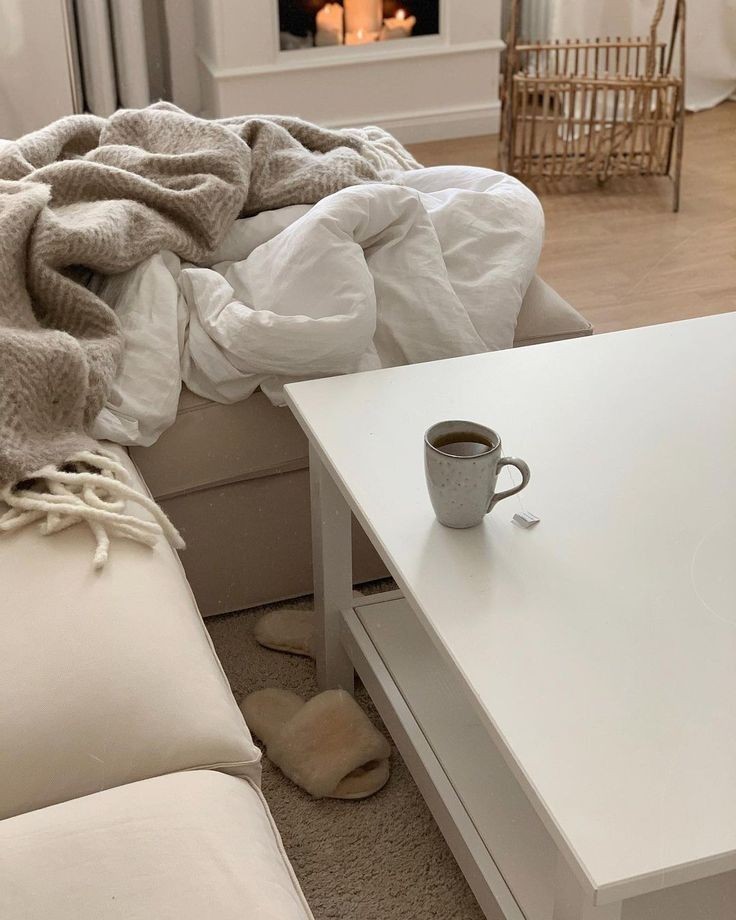
What is the Nappuccino Method?
So on to the Nappuccino Method. The name “Nappuccino Method” is derived from the word “cappuccino” and that’s because it’s also known as a caffeine nap. When it comes to sleeping hacks, the caffeine nap has been proven to be one of the most effective ways to take a nap without disrupting regular sleep habits. The Nappuccino Method is where you drink 1 regular cup of coffee before taking a short nap of around 30 minutes. Due to the fact that caffeine takes about 25-30 minutes to enter your bloodstream, the coffee will have started to work as soon as you wake up. So basically, you won’t get that lethargic feeling when you wake up from a nap. Instead, you will wake up feeling energised and refreshed. Plus, it’s a great way to not nap for too long during the daytime and therefore disrupting your sleeping habits.
How Does the Nappuccino Method Work?
Want to try the Nappuccino Method or caffeine nap, as it’s also often referred to? The way the Nappuccino Method works is that you should set your alarm for 25 minutes. This is based upon the fact that it takes around 7-10 minutes to fall asleep and around 25-30 minutes for the caffeine to start working. So, essentially this allows for a 15-18 minute nap, which is the perfect amount of time for a nap. If you hate that feeling you get from waking up after a nap that you usually get then the Nappuccino Method, or caffeine nap, is something you should try next time you want to take a quick power nap during the day. Once you’ve woken up from your nap, the caffeine will have started to work and you’ll feel refreshed and energised, which should help you to make it through the day until you go to bed at your usual time.
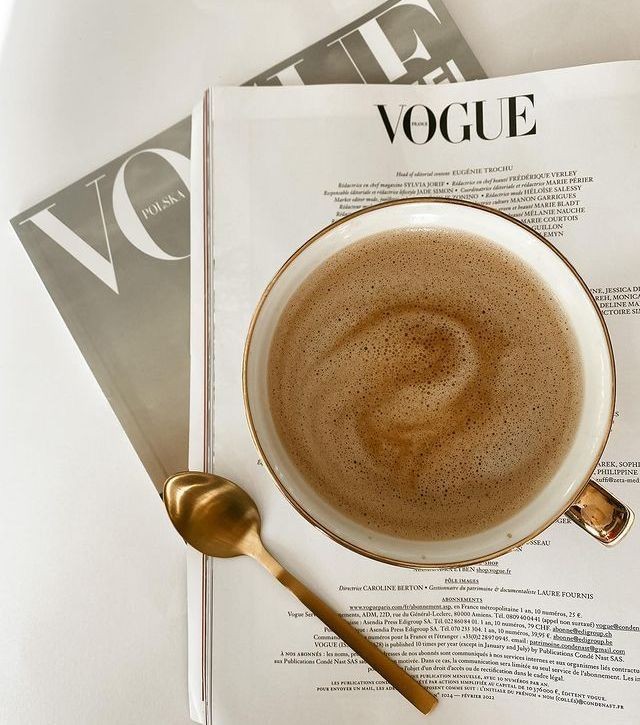
Does Napping Count Towards Your 8 Hours of Sleep?
Although napping can be beneficial for some people, especially those who struggle to get a good sleep at night, neither a caffeine nap or any sort of nap, is a replacement for getting 8 hours of quality sleep at night. The reason being is that during your main sleep, which is usually your nighttime sleep unless you’re a night worker, the body has to enter 4 precise sleep phases in order to complete the full sleep cycle. Each of these sleep cycles last varying amounts of time and serve a specific purpose. This is why we need to get enough sleep at night, in order to allow enough time to complete the full sleep cycle. The four sleep phases in the cycle are too long to be crammed into a quick daytime nap, which is why napping doesn’t count towards your 8 hours of sleep. Combining these 4 sleep phases with regular healthy sleep habits, in other words going to sleep and waking up at the same time each day, is the key to good sleep hygiene and improved health and wellbeing. With that said, there are many benefits to taking a nap if you’re feeling tired or want to fix your sleep schedule. For more tips on how to have a better sleep, read this post on how to get good sleep at night.
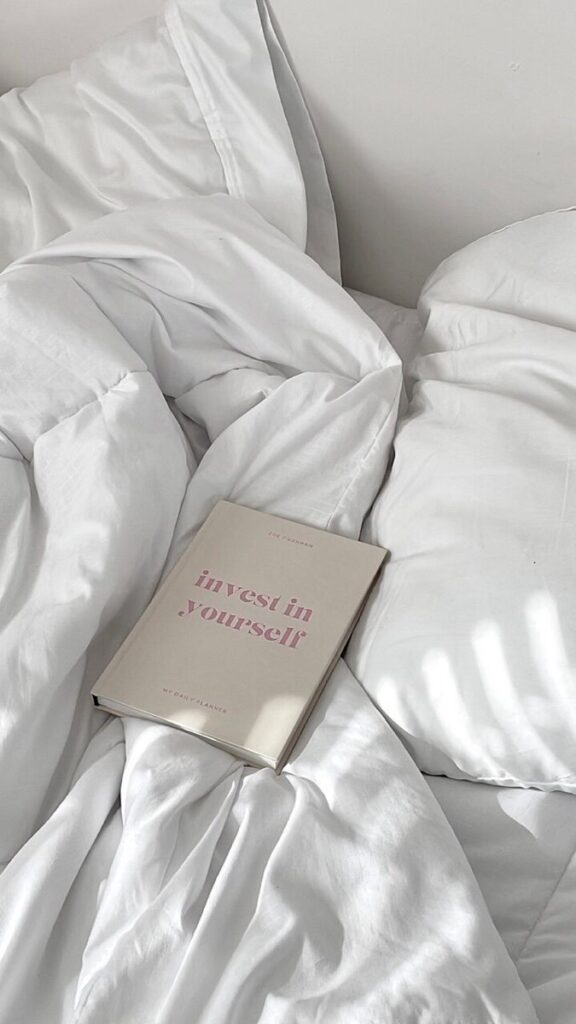
Sleep Remedies and How to Fall Asleep Earlier at Night
In need of some sleep remedies and tips on how to fall asleep earlier at night? There are many sleep remedies out there so it’s important to create an evening ritual that works best for you and your daily life. Have a go at trying one or more of these sleep hacks each evening to see which works best for you.
- Essential oils, such as lavender can have a calming effect that make you want to sleep. Try adding a few drops of lavender oil to your pillow or on a tissue next to your pillow.
- Sleep masks help to block our light, making it easier to fall asleep at night, as well as for catching up on sleep during the day or when travelling.
- Sunrise alarm clocks have become really popular in recent years and it’s not hard to see why. Not only do they serve as a regular alarm clock, they look stylish and imitate the rise and fall of the sun to help you fall asleep and wake up at your desired time. These are excellent for those who regularly change sleeping times. Unlike a standard alarm clock that wakes you up suddenly with a loud, abrupt sound, sunrise alarm clocks gradually wake you up by dimming their light to imitate the sun going down at night and slowly becoming brighter in the morning in the same way the sun rises. It doesn’t matter what time you set your alarm clock for, the artificial sunrise clock will dim or brighten at any time you choose to fall asleep and wake up. By the time its alarm sounds to wake up, you will have 30 minutes to prepare for waking up without even realising thanks to the sunrise light effect. A sunrise alarm clock provides a more pleasant way to wake up rather than abruptly being woken by your noisy alarm clock and keep hitting the snooze button.
- Reading at nighttime is has always been known as one of the best quick ways to fall asleep. If reading is your thing, why not try getting into bed and reading for 10-30 minutes each night to unwind after a long day and send you off to sleep. This book is great for understanding more about sleep and dreams.
- Wearing pyjamas or sleepwear can help you to differentiate between night and day wear. Try to get into the habit of putting your pyjamas on at the same time each night, so that your subconscious becomes aware that it’s nearly time to sleep. Then make it a habit to get up and dressed at a set time each morning. Don’t spend all day lounging around in your pjs! Having set clothes for day and nighttime helps us to fall asleep better at night and wakes us up in the morning.



